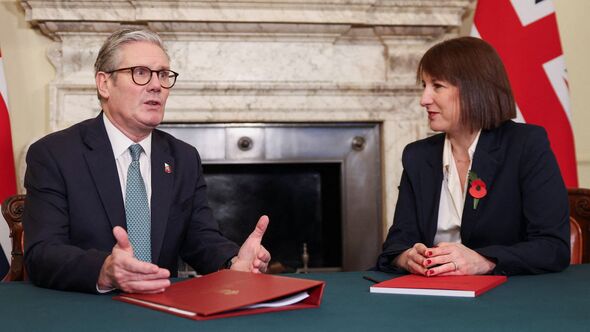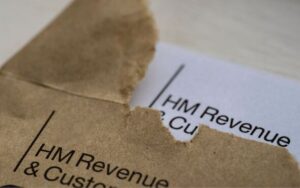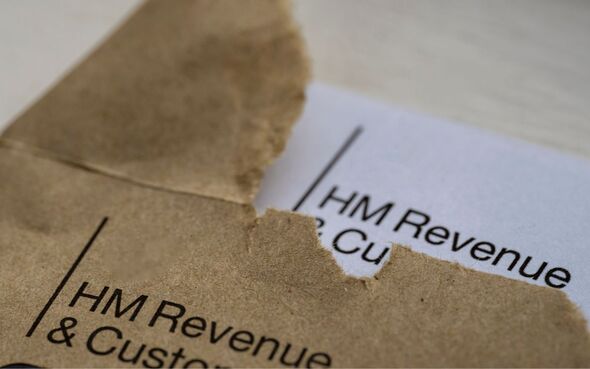
Rachel Reeves may be forced to raise taxes by a staggering £12 billion to meet Keir Starmer‘s ambitious defence spending pledge and avoid another round of austerity.
Economists have warned that the Chancellor will need to either hike taxes or slash public sector budgets by £6bn annually if she is to hit Sir Keir Starmer‘s target of 2.5% of GDP for military spending by 2030.
And if Rachel Reeves is to both hit the 2.5% defence spending target while at the same time ensuring no Whitehall department faces real-term cuts this would potentially necessitate an eye-watering £12bn in tax rises, according to the Resolution Foundation.
This warning comes amid mounting pressure resulting from the Prime Minister’s pledge to boost support for the defence of Ukraine by, potentially, putting British troops into the warzone.
The Chancellor now faces a grim choice: either break her promise not to raise taxes or borrow more, or risk sparking a voter backlash by imposing deep cuts to unprotected departments like transport and housing.
Though Labour has not set a definitive timeline for ramping up defence spending, the pressure from both the military and international figures like Trump is intensifying. It’s clear that Starmer’s pledge is becoming a heavy burden for the Chancellor, who is already grappling with low economic growth and spiralling borrowing costs.
The Resolution Foundation’s latest report revealed that the Government’s existing plans already entail cuts of £8.4bn to unprotected departments by 2029.
Increasing defence spending to 2.5% of GDP would add a further £6bn in costs, much of which will be swallowed by day-to-day military expenses.
The think tank warns that this will force unprotected departments to find £12bn in savings, equivalent to a brutal 6% cut in real terms.
To make matters worse, Bloomberg has reported that some government departments could face up to 11% in cuts to meet Starmer’s pledge. Emily Fry from the Resolution Foundation warned that the UK’s strained public finances make the path forward “far from straightforward.” Without a dramatic economic turnaround, the Chancellor will have no choice but to raise taxes or impose even deeper cuts to vital services.
Ben Zaranko, of the Institute for Fiscal Studies, believes that the “most likely path” for Reeves will be tax hikes, though any attempt to balance the books will inevitably mean more suffering for the public.
He told the Telegraph: “If your local school is having its budget cut, if public sector workers are not getting pay rises, if councils are going bankrupt, if prisons are letting people out early because they can’t afford to expand places, that is going to feel quite a lot like austerity.”
He said the Government may end up having to impose “radical” cuts to public spending in order to balance the books, such as charging for GP appointments or post-16 education including A-levels.
“I think you have to think about either things that are currently universal, that you might start means-testing. The Government never used to provide subsidised childcare for working parents. You could cut back the scope of the state as well. The government could just stop doing stuff.”
With unprotected departments already stretched thin, the prospect of painful cuts to services like education, housing, and justice looms large.
And with growing court judgments, including the fallout from Thames Water and past welfare reforms, the Chancellor could be forced to enact even more radical measures, including charging for GP appointments or slashing A-level funding.
As the pressure builds on the Chancellor, the UK government finds itself on the brink of a budgetary crisis, with Reeves set to face a stark choice between higher taxes and a deepening austerity nightmare.


















